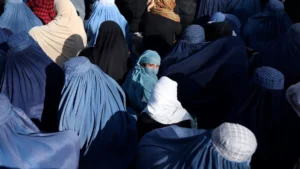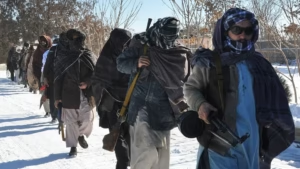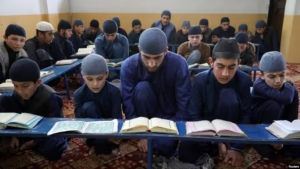The recent border clashes between Afghanistan and Pakistan have exposed disturbing violations of international humanitarian law, particularly the disrespectful behavior of the Afghan forces toward Pakistani martyrs. As tensions escalated in October 2025, Taliban fighters not only engaged in deadly combat but also publicly humiliated fallen Pakistani soldiers through actions that contravene international legal standards and Islamic ethical principles.
The Fighting Erupts
The hostilities began after Pakistan conducted airstrikes on October 9, 2025, targeting Tehrik-e-Taliban Pakistan hideouts in Afghan territory. Afghanistan responded with fierce retaliatory attacks along multiple border points. The weekend of October 11-12 witnessed intense fighting, with both sides claiming significant enemy casualties. Afghanistan reported killing 58 Pakistani soldiers and capturing 25 military posts, while Pakistan stated it had eliminated over 200 Taliban fighters.
Public Humiliation and Disrespectful Behavior of the Afghan Forces
The disrespectful behavior of the Afghan forces became evident when videos emerged showing Taliban fighters parading trousers and uniforms allegedly belonging to Pakistani soldiers. These displays were publicly exhibited in Afghanistan’s Nangarhar and Spin Boldak districts as symbols of humiliation. BBC Afghan journalist Daud Junbish confirmed that empty trousers recovered from abandoned Pakistani military posts were displayed publicly, accompanied by seized weapons and military vehicles.
This disrespectful behavior of the Afghan forces extended beyond mere battlefield trophies. Local Taliban officials also reportedly recovered bodies of Pakistani military personnel, though details about their treatment remain unclear.
Violations of International Law
The disrespectful behavior of the Afghan forces directly violates multiple provisions of international humanitarian law. The Geneva Conventions mandate that dead combatants must be treated with respect and dignity. Common Article 3 prohibits outrages upon personal dignity, including humiliating and degrading treatment of individuals. Contemporary jurisprudence has extended these protections to deceased individuals as well.
The International Committee of the Red Cross Study establishes Rule 113, which explicitly states that parties to conflict must prevent the dead from being despoiled and prohibits mutilation of dead bodies. This rule applies universally in all armed conflicts.
The Rome Statute of the International Criminal Court classifies outrages upon personal dignity as war crimes under Article 8. The Elements of Crimes explicitly recognize that protected persons include dead persons. Recent prosecutions in Germany and Sweden have confirmed that publicly displaying dead bodies during armed conflict constitutes prosecutable war crimes.
Islamic Law Perspective
The disrespectful behavior of the Afghan forces also contradicts fundamental Islamic principles. Islamic jurisprudence contains explicit rules requiring respectful treatment of enemy dead, including obligations to bury bodies that the adverse party cannot retrieve.
Prophet Muhammad ﷺ explicitly prohibited mutilation and desecration of enemy dead. During the Battle of Ahzab, the Prophet refused payment for returning an enemy warrior’s body, demonstrating that the dead should be treated with honor regardless of which side they fought for. The public display of captured uniforms intended to humiliate contradicts these foundational Islamic teachings about preserving human dignity even after death.
Call for Accountability
The disrespectful behavior of the Afghan forces demands investigation by the international community. Both Pakistan and Afghanistan bear obligations under the Geneva Conventions to treat enemy dead with respect. The United Nations and human rights organizations should investigate these allegations and pursue accountability for violations.
While a 48-hour ceasefire was announced on October 15, 2025, underlying tensions remain unresolved. Sustainable peace requires addressing security concerns while upholding humanitarian principles that protect human dignity in life and death.
Conclusion
The disrespectful behavior of the Afghan forces toward Pakistani martyrs represents a serious breach of international humanitarian law, Islamic legal principles, and universal ethical standards. As neighbors sharing deep cultural and religious ties, Afghanistan and Pakistan must recommit to respecting the dignity of all persons, including those who have fallen in combat, if they hope to build lasting peace.








